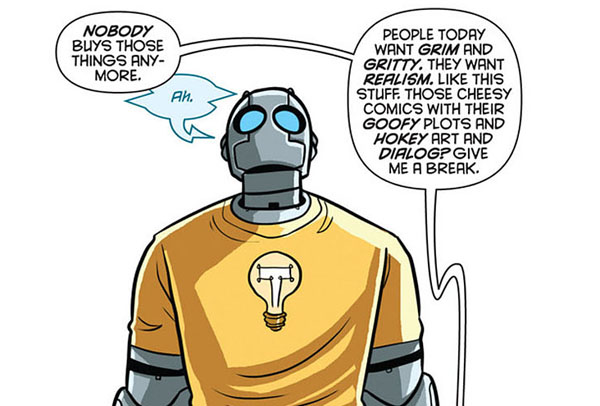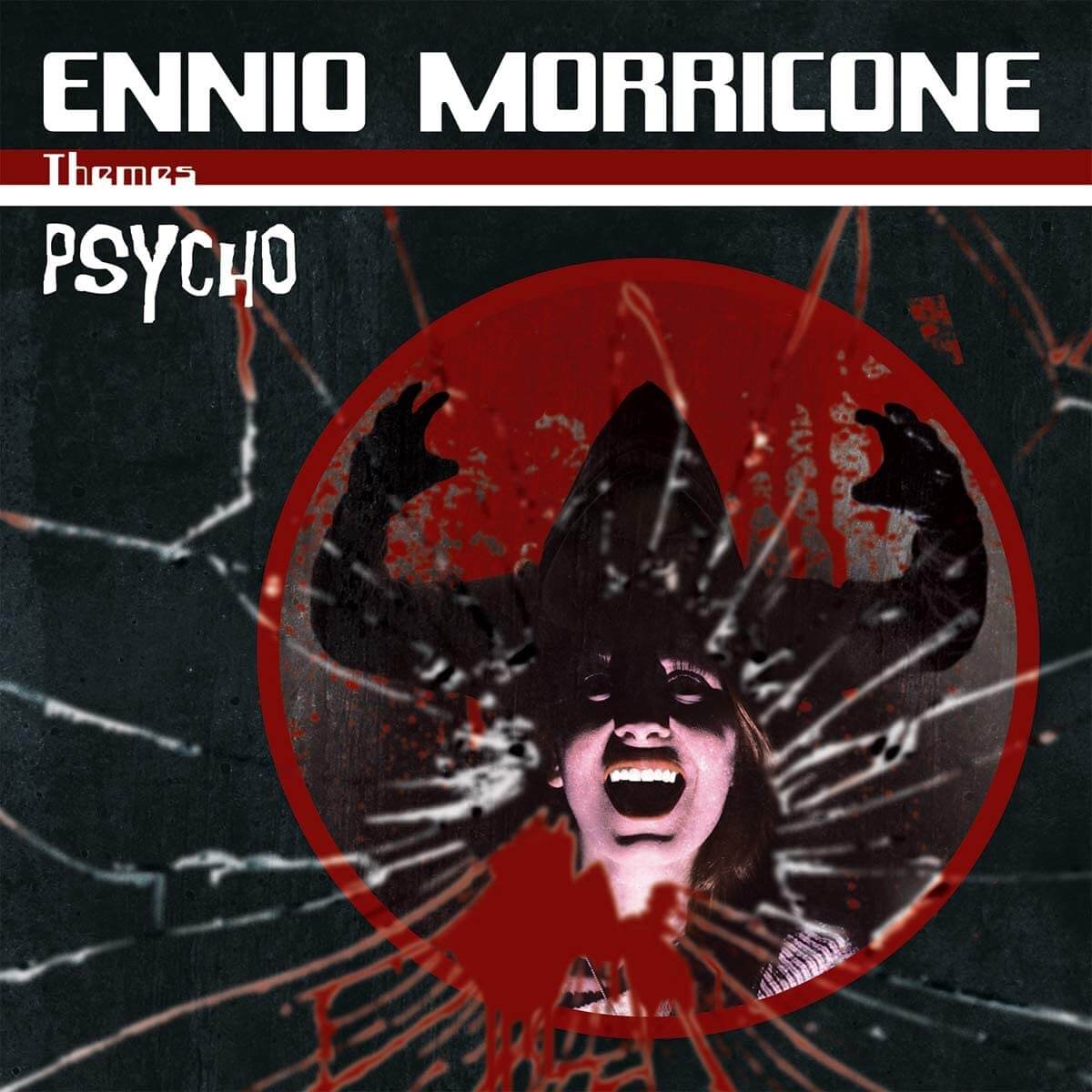

The aspirations of those days were reflected in Hong Kong’s tradition of commemorating the June 4, 1989, crackdown that ended China’s own 1980s democracy movement. Hong Kong’s new generation of political reformers identified with the occupiers of Tiananmen Square in Beijing. Optimists here said they were looking forward to the day when China would be joining Hong Kong rather than the other way around, a day when all might be part of a new democratizing era.


Others, with memories of China’s recent revolutionary past, were traumatized at the prospect of Hong Kong’s transfer from British back to Chinese rule. The date was to be 1997, when an old 99-year lease on Hong Kong’s northern suburbs expired. The exodus and search for safe havens elsewhere began immediately. Many returned after they had acquired foreign passports and nationalities for use in case of need.īut some were attracted by the challenge of trying to make their way in a new post-colonial era. They were optimistic about the possibilities of a new form of political life, under the rule of a Chinese government that was just then opening up to its own new era of experimentation after the death, in 1976, of the revolution’s founder, Mao Zedong. Hong Kong’s current democracy movement began long ago, in the early 1980s, soon after Beijing’s demand for Hong Kong’s return became known. The reformers were a mixed lot: some young, some not mostly middle-class white-collar types college students and some faculty Martin Lee and the lawyers Szeto Wah and the teachers’ union journalist Emily Lau social activist Frederick Fung labor organizer Lee Cheuk-yan – to name a few.


 0 kommentar(er)
0 kommentar(er)
